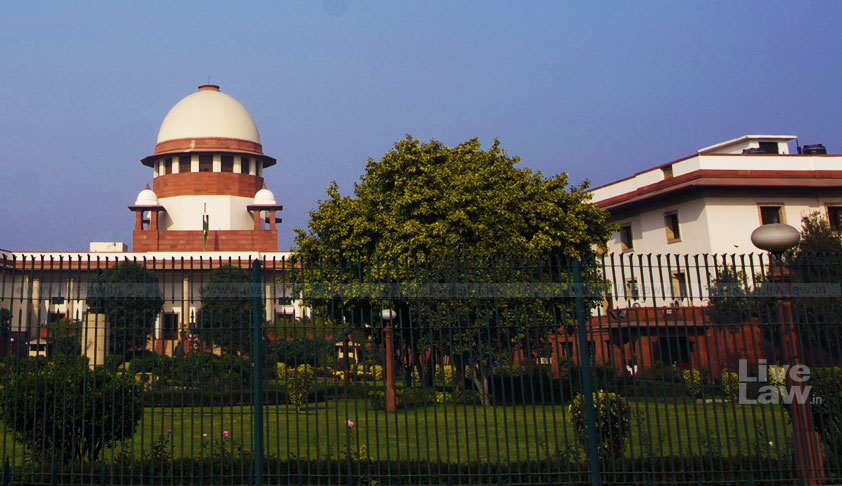Next Story
5 July 2018 6:41 PM IST
An Advocate-on-Record has approached the Supreme Court challenging the latter’s notice inviting applications for the allotment of Lawyers’ Chambers as being violative of Article 14 of the Constitution of India.The applications for allotment of chambers were first invited in October, 2017, allowing applicants to apply under three categories i.e. AoR, Non-AoR and Senior Advocate, in...

